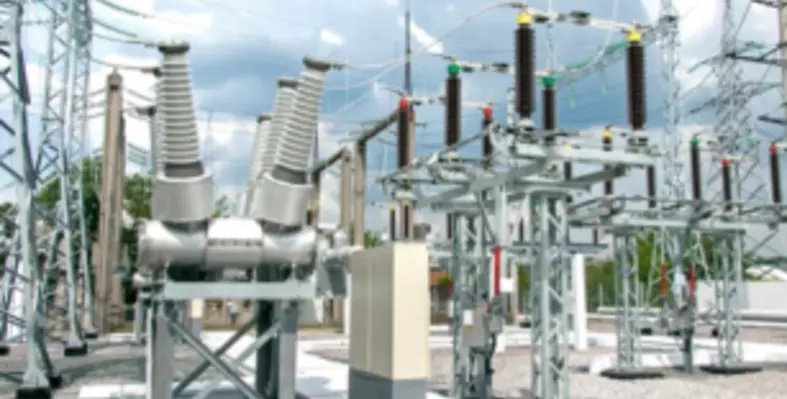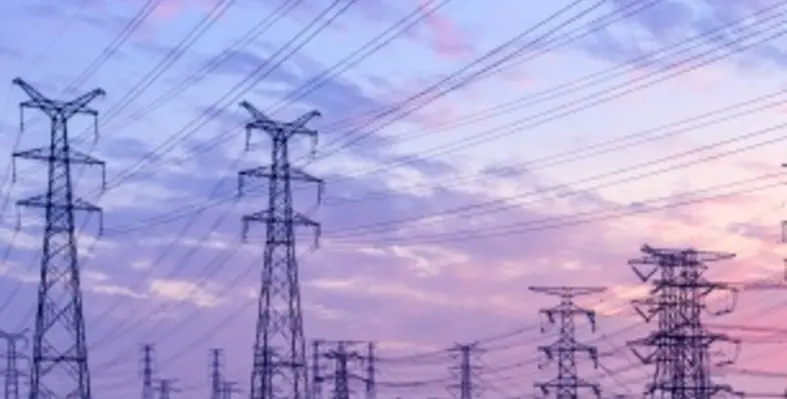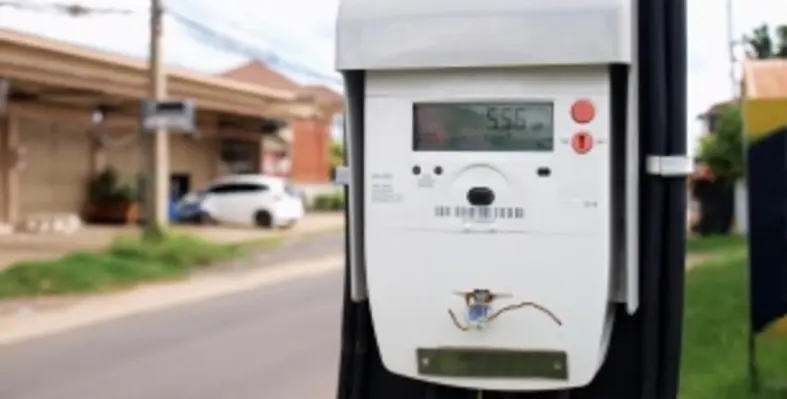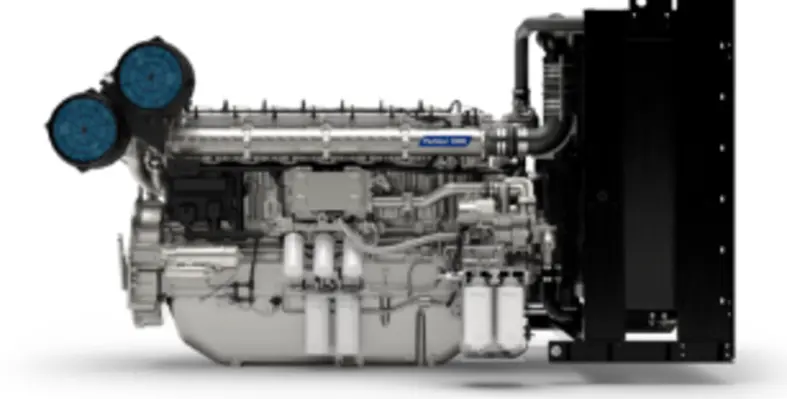In response to the critical electric power needs of vital applications like hospitals and data centres around the world, Perkins has developed its most powerful and largest full authority electronic, electric power engine range to date
Power Generation
AVEVA and Kent partner to drive energy sector digital acceleration

(Left) Tush Doshi, chief operating officer, Kent and (right) Peter Herweck, CEO, AVEVA. (Image source: AVEVA)
AVEVA, one of the global leaders in industrial software driving digital transformation and sustainability, has signed a memorandum of understanding (MoU) with Kent, an international integrated energy services partner, to mutually explore and design new frameworks for applying digital solutions across the energy industry
Nidec Industrial Solutions to supply 5MW Power Supply Unit for an electrolyser testing system

Nidec Industrial Solutions is not new to the hydrogen market, having provided Power Supply Units for more than ten green hydrogen PEM electrolyser systems across Europe. (Image source: Adobe Stock)
Nidec Industrial Solutions has received an important order from a leading global player in green hydrogen production, storage and distribution for a 5MW Power Supply Unit (PSU) to be installed as part of an electrolyser testing system
Dubai's commercial sector saves 1.3 TWh of electricity

The industrial sector realised savings of 131 GWh of electricity (13%) and 200 million gallons of water (29%). (Image source: Adobe Stock)
DEWA's conservation programmes between 2012 and 2021 has achieved cumulative savings among targeted customers of 2.2 TWh of electricity and 5.6 million imperial gallons of water
DEWA invests in 2035 smart grid strategy

As part of the 2014-2035 smart grid strategy, DEWA replaced existing electricity and water meters with smart meters between 2015 and 2020. (Image source: Adobe Stock)
Dubai Electricity & Water Authority (DEWA) has invested US$1.9bn on implementing its updated smart grid strategy for 2021-2035







